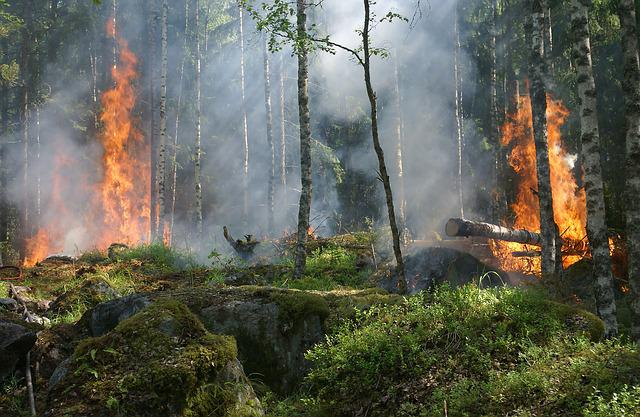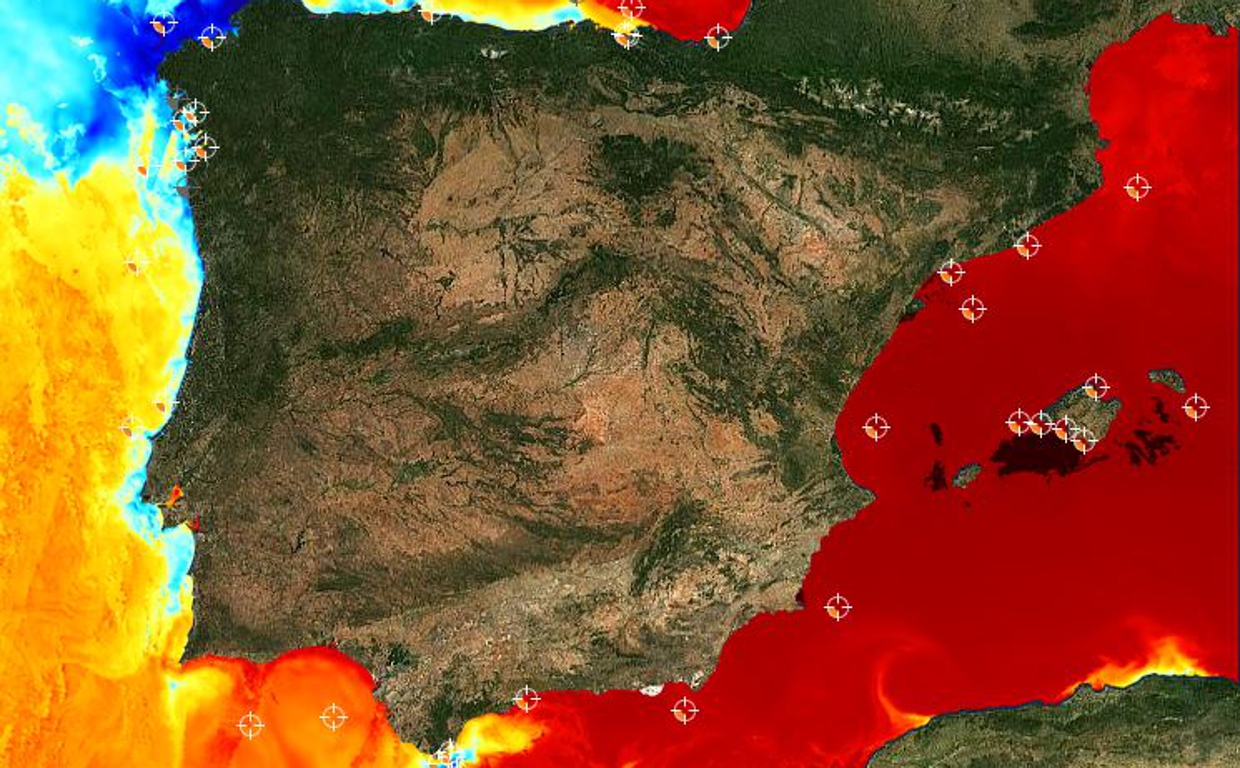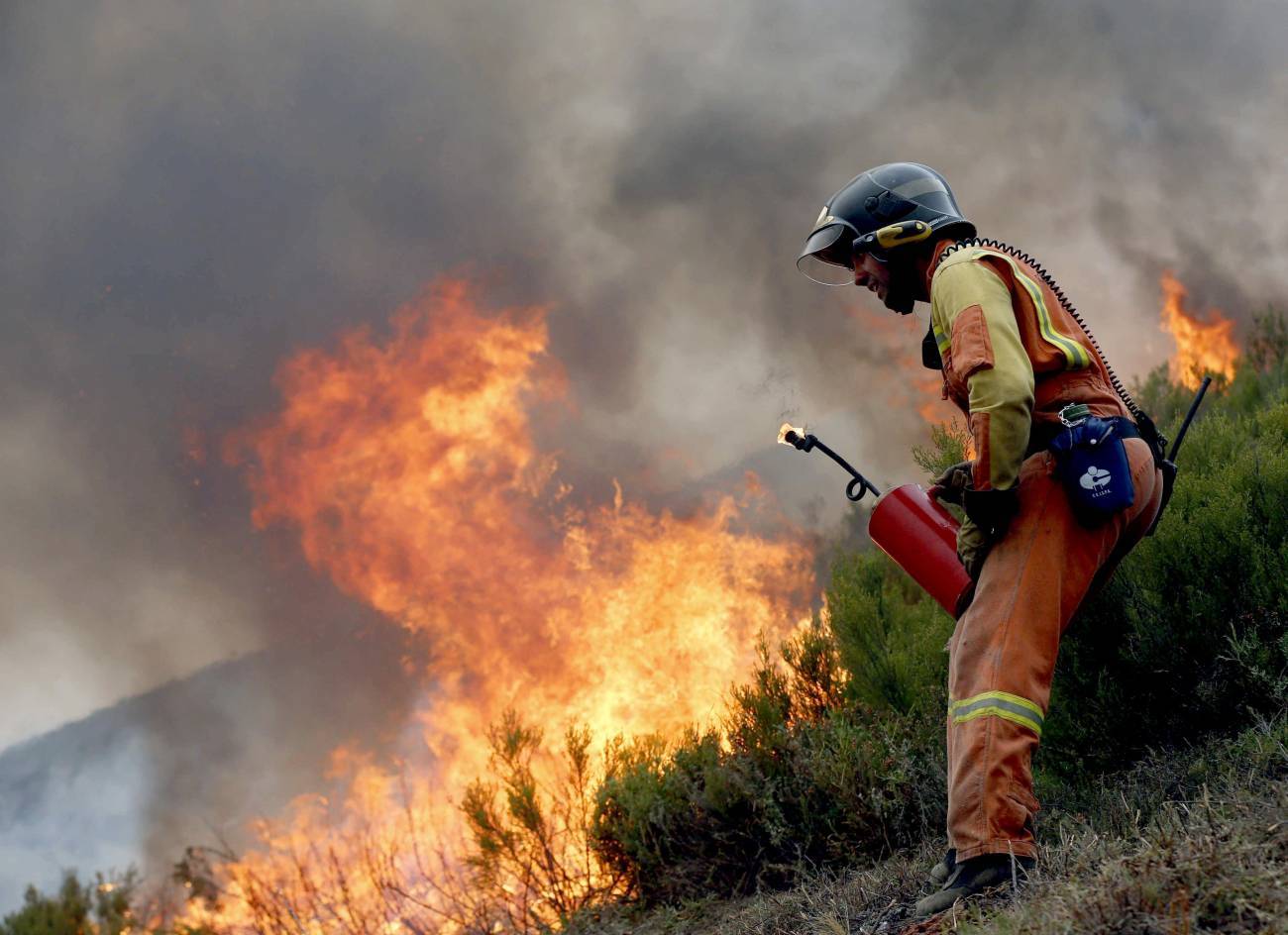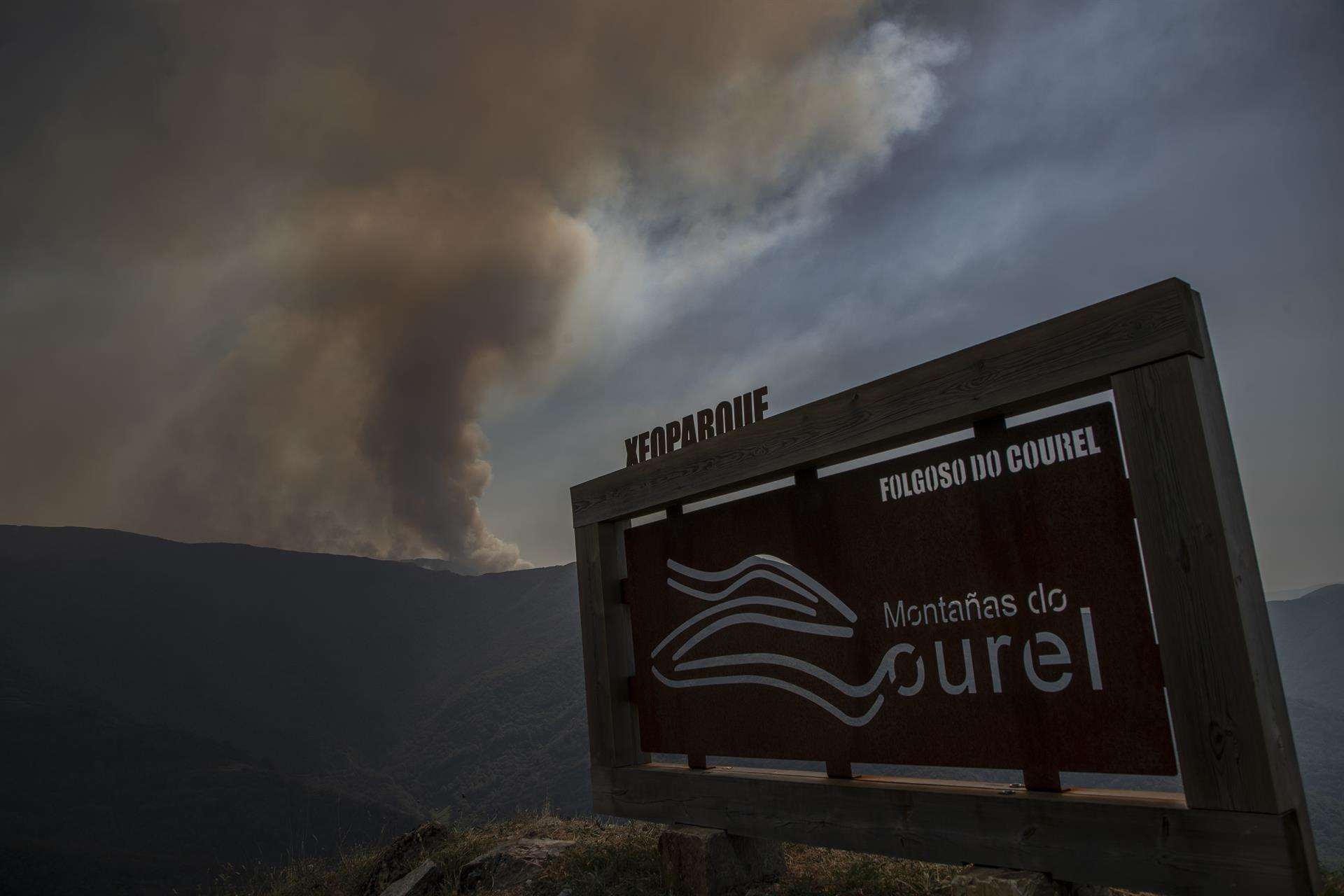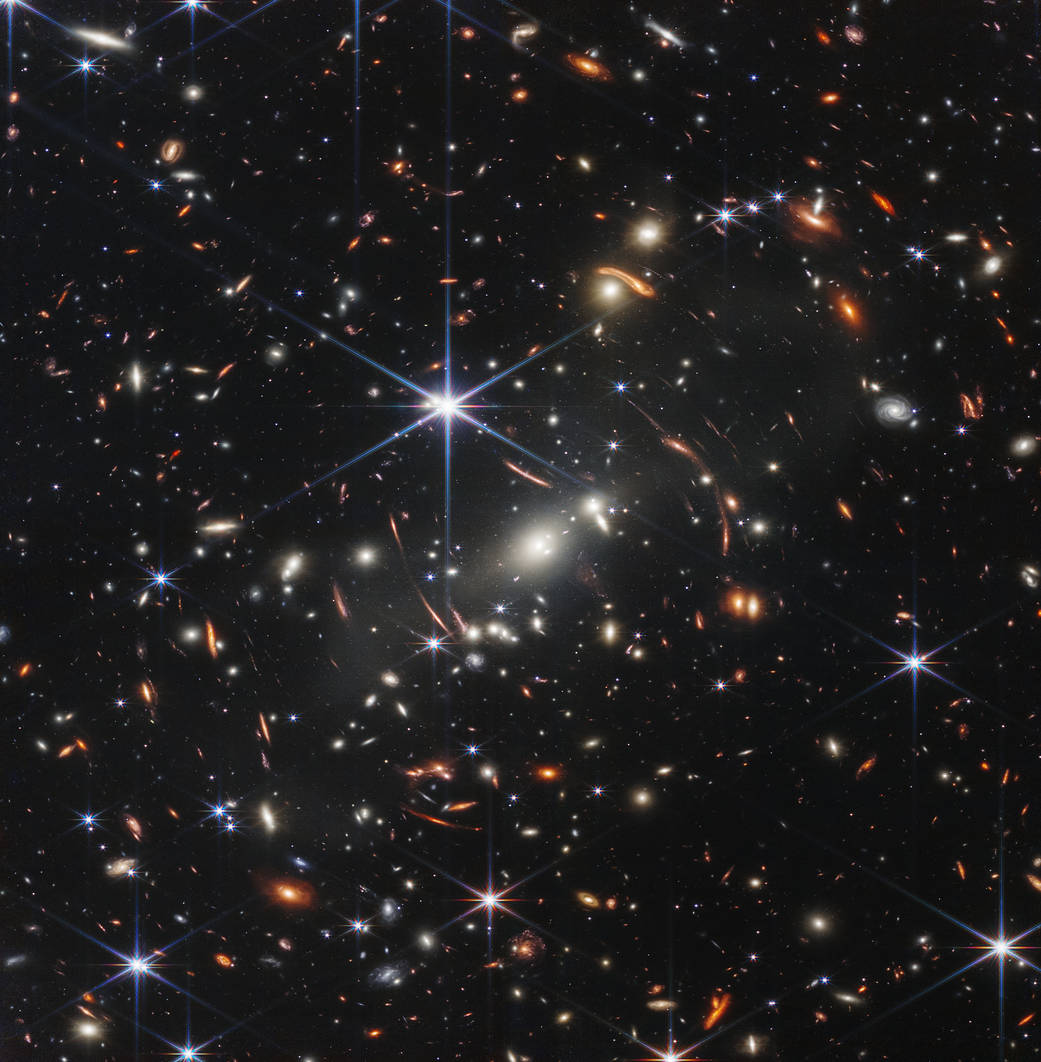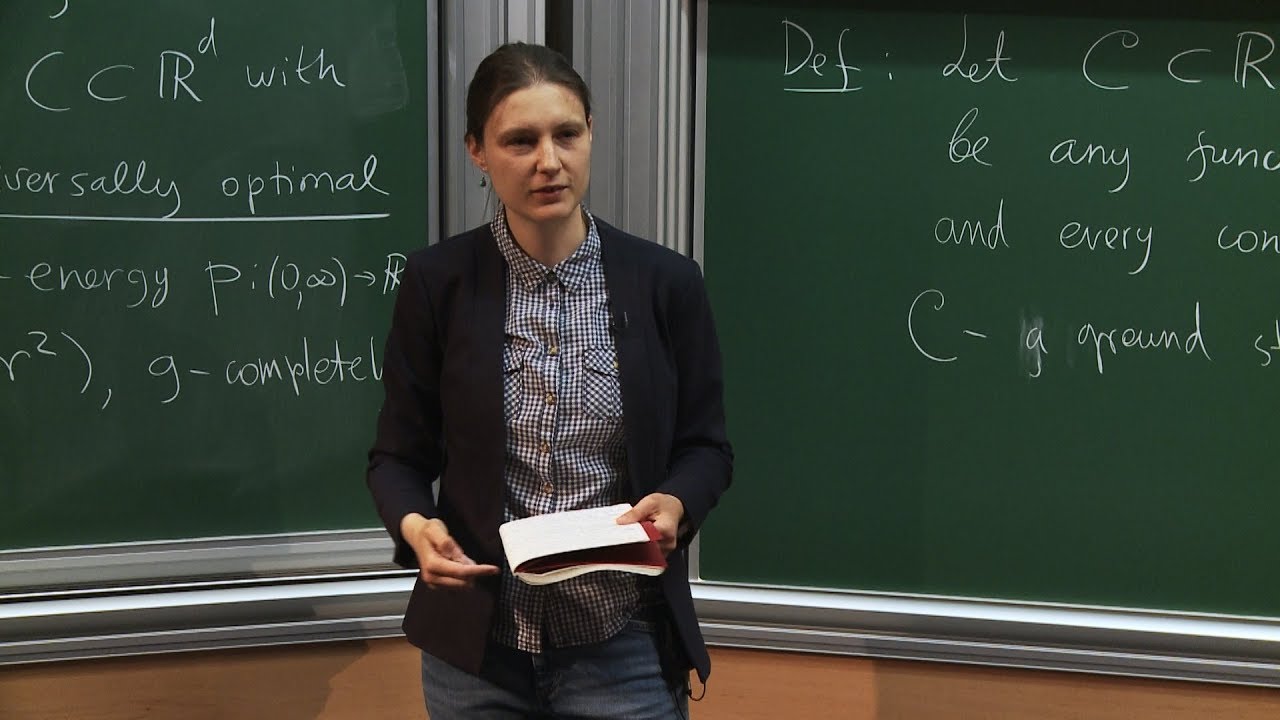PLATO's eyes focus to hunt for exoplanets
After the scientific success and popularity of the Hubble and James Webb space megatelescopes, there are other smaller telescopes with important missions. This is the case of the European Space Agency's PLATO, whose telescopes will have the challenge of searching for exoplanets by monitoring hundreds of thousands of stars.
